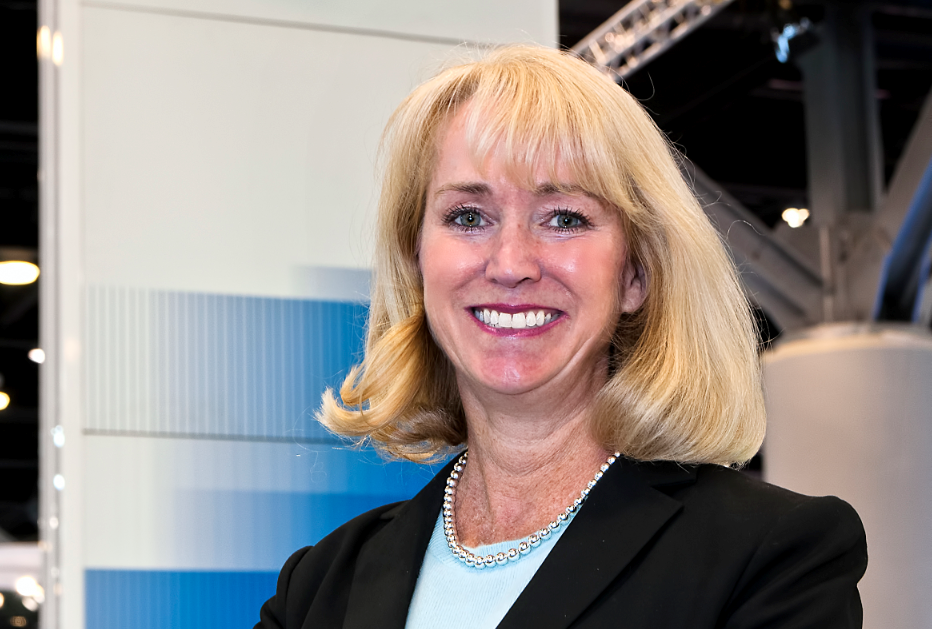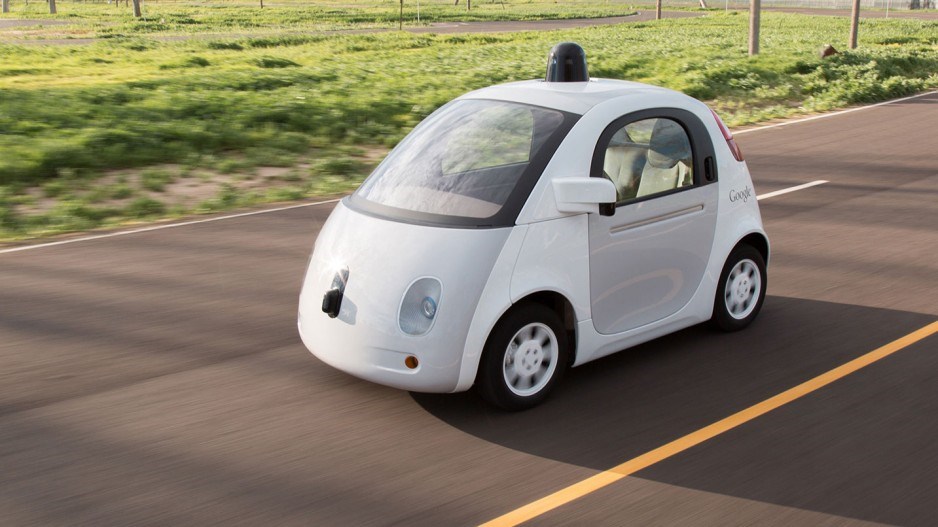Automakers have nearly perfected driverless vehicles but their executives say the biggest battle is not to make a car that can stop by itself at a red light or manoeuvre safely in a snowstorm, but rather to get society on board with the concept.
“There are a number of logistical challenges,” Ford Canada president Dianne Craig told Business in Vancouver.
Not only do governments need to change laws to allow what Craig calls “autonomous” vehicles, but insurance companies have to define what liability passengers in autonomous vehicles could face, she said.
Craig expects Ford to have a roadworthy autonomous vehicle technologically ready for sale within five years. Ironing out legal and insurance issues as well as gaining public trust could take much longer.

(Image: Ford Canada president Dianne Craig expects her company to have a roadworthy autonomous vehicle technologically ready for sale within five years | Chung Chow)
One way to gain public trust, she said, is to sell the vehicles to car-share companies, which would enable passengers to try a ride as a novelty and demonstrate the appeal of a relatively stress-free ride in which the passenger is free to be distracted by music, streaming video or games.
Various governments are studying the issue but the only North American jurisdictions to allow the vehicles are California, Nevada, Florida, Michigan and the District of Columbia.
In a statement to BIV, B.C.’s Ministry of Transportation and Infrastructure said the federal government needs to change motor vehicle safety regulations before B.C. can consider allowing the vehicles on the province’s roads.
Federal Transport Minister Marc Garneau last month asked the Senate’s transportation and communications committee to study regulatory, policy and technical issues related to driverless vehicles.
The City of Vancouver similarly, in February, passed a unanimous motion to have city staff investigate the potential of the vehicles as well as pitfalls.
“Driverless cars will 100% be in car-share systems and public transit,” Coun. George Affleck told BIV. “I would say that absolutely nobody would buy a driverless car for themselves. I would never buy a driverless vehicle.”
But University of British Columbia (UBC) assistant professor AnnaLisa Meyboom, who studies driverless vehicles, said people might enjoy being in their driverless cars so much that they would be willing to be in their vehicles for longer stretches – resulting in greater urban sprawl.
“We’re expecting more total kilometres driven with these vehicles,” said Meyboom, director of UBC’s Transportation Infrastructure and Public Space Lab. “You could have children be transported, or the elderly or the blind. There could even be trips where there is no one inside the vehicle.”
Though that sounds like gridlock will be inevitable, Meyboom said future autonomous vehicles are likely to be able to communicate with each other and with infrastructure, easing congestion by enabling more efficient decisions on what routes to take.




